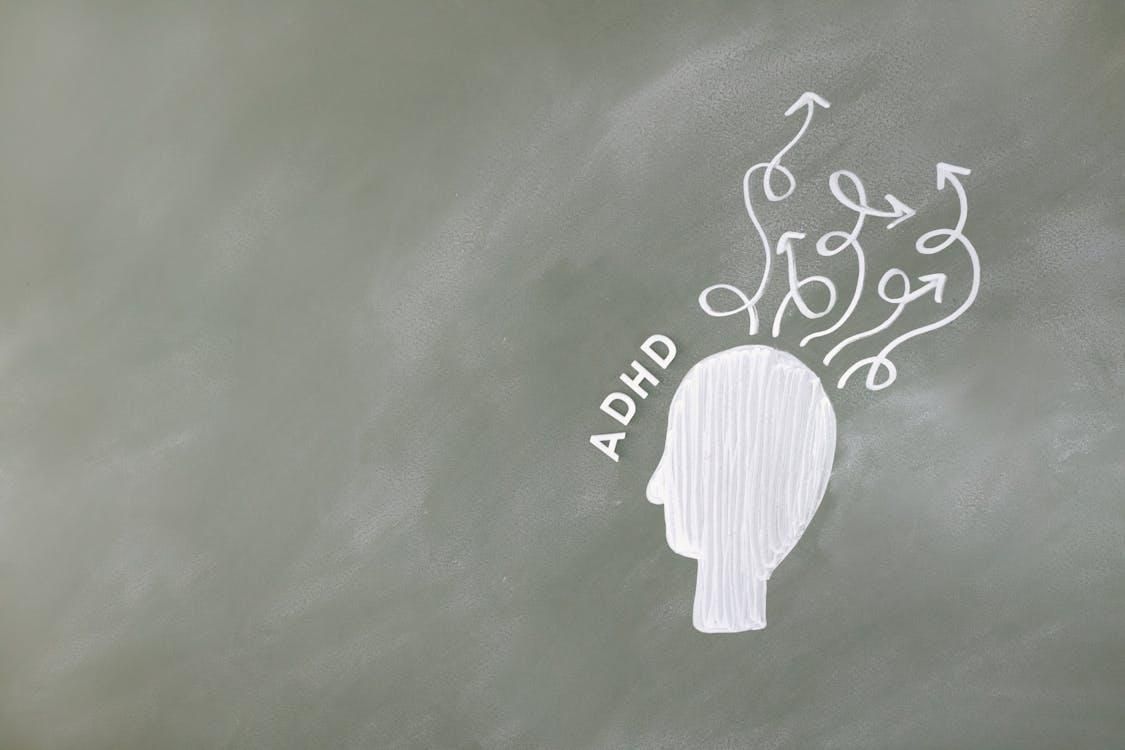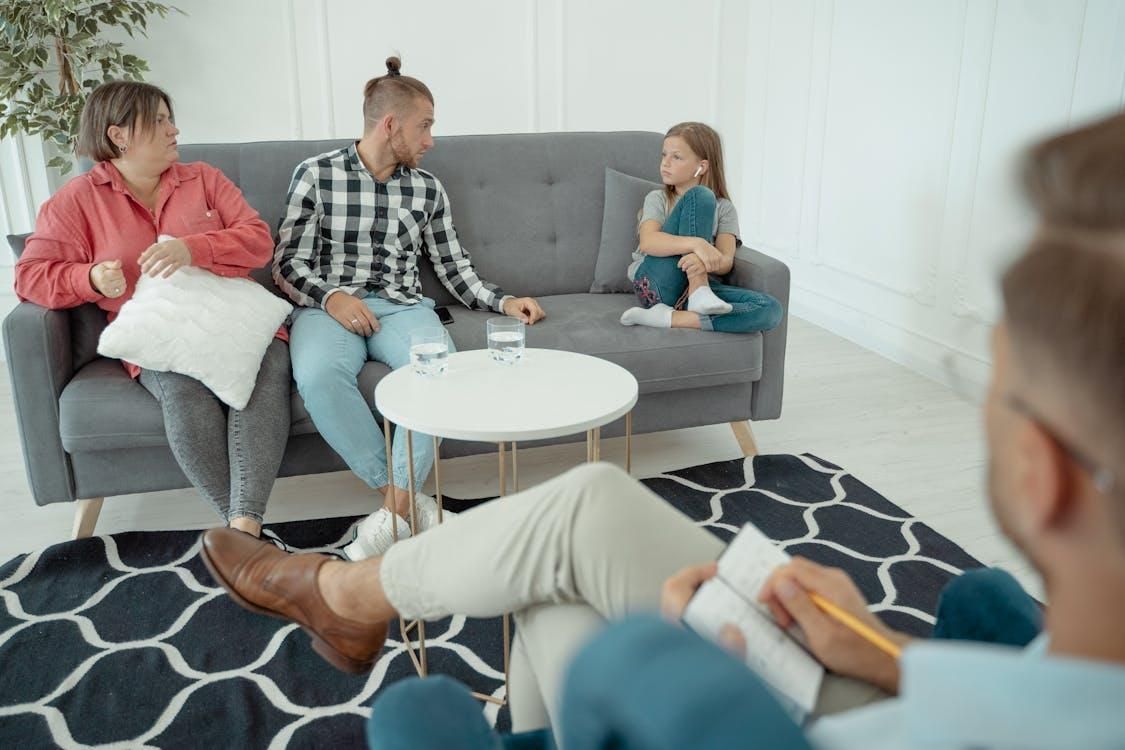How Psychotherapy Works: The Evidence Behind Talk Therapy’s Success
Psychotherapy, often referred to as talk therapy, is one of the most well-established tools in mental health care. Its effectiveness is supported by decades of research and clinical practice. Whether someone is navigating anxiety, depression, trauma, or behavioral healthcare, psychotherapy can provide the structure, support, and insight needed to move forward.
Understanding the benefits of psychotherapy means looking at how it works, what types are available, and how it supports real, lasting change.
What Is Psychotherapy?
Psychotherapy is a structured, evidence-based process that helps individuals understand their thoughts, emotions, and behaviors. Delivered by a licensed therapist, it can be conducted one-on-one, with couples, or in group settings. Unlike casual conversation, therapy provides a safe, nonjudgmental space to explore challenges and develop healthier ways of thinking and coping.
For many individuals, a mental health evaluation is the first step in identifying whether psychotherapy may be helpful and what type is most appropriate.
Different Types of Psychotherapy
Psychotherapy is not one-size-fits-all. Providers may use different techniques based on a patient’s specific goals and concerns.
● Cognitive Behavioral Therapy (CBT): One of the most widely used approaches, CBT helps individuals recognize and change negative thought patterns that contribute to distress. It’s particularly effective for anxiety treatment, depression treatment, and managing stress.
● Behavioral Therapy: Focuses on replacing unhealthy behaviors with constructive ones. Often used in ADHD treatment or emotional regulation challenges in children and adolescents.
● Trauma-Focused Therapy: Designed for individuals who have experienced trauma or abuse, helping them process and rebuild emotional resilience in a safe therapeutic setting.
● Family and Child Therapy: A child psychiatrist or trained counselor works with both children and caregivers to address behavior, communication, and mental health concerns as a family unit.
The type of therapy selected depends on the individual's diagnosis, personal history, and therapeutic goals.
Why Psychotherapy Works
Numerous studies have shown that psychotherapy improves emotional well-being, enhances daily functioning, and reduces the likelihood of future mental health episodes. It does this by strengthening coping mechanisms, improving self-awareness, and fostering healthier relationships.
In many cases, combining therapy with medical oversight from a psychiatric nurse practitioner leads to better treatment outcomes, especially when medication management is involved.
For those facing barriers to in-person care, telepsychiatric services provide secure and flexible access to therapy from the comfort of home. Virtual care not only enhances consistency but also expands access to high-quality mental health services.
Compassionate, Professional Care You Can Trust
At Oasis of Hope Behavioral Healthcare, psychotherapy is delivered with compassion, professionalism, and a deep commitment to individualized care. From initial evaluations to ongoing therapy and behavioral healthcare in La Plata, MD, our dedicated team helps clients take meaningful steps toward healing. Whether in person or through telepsychiatric services, we are here to help you or your loved one experience the full benefits of psychotherapy and lasting emotional wellness.
Contact us today to begin your journey with a trusted provider who puts your mental well-being fir











